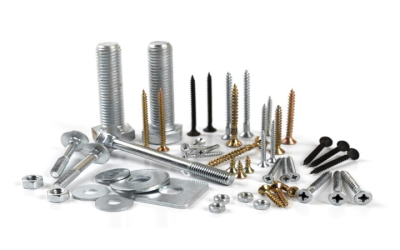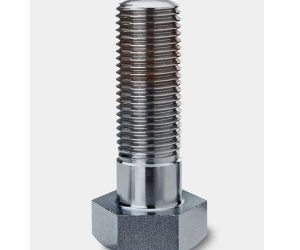Thread-cutting self-tapping screws (TCTs) are a specialized type of fastener designed to create their own threads as they are driven into materials. Unlike traditional screws that require pre-tapped holes, TCTs cut their own mating threads, making them ideal for a wide variety of applications where efficiency and reliability are paramount.
In this blog post, we’ll delve into the specifics of TCTs, exploring how they work and the best scenarios for their use.
Understanding the Mechanism: How TCTs Work
Thread-cutting self-tapping screws are engineered to cut threads into the material they are driven into. This is achieved through a unique design that features flutes or cutting edges at the tip. These flutes remove material as the screw is driven in, creating a precisely formed internal thread that matches the screw’s external thread.
Key Features
- Cutting Edges: The cutting edges at the tip of TCTs are the primary components that allow the screw to cut into the material.
- Flutes: These grooves channel away material that is removed during the cutting process, preventing clogging and ensuring a clean thread.
- Self-Tapping Capability: As the screw is driven in, it taps its own hole, eliminating the need for a pre-tapped hole.
When to Use TCTs: Applications and Industries
Thread-cutting self-tapping screws are highly versatile and can be used in a wide range of applications and industries. Here’s a look at some of the most common uses:
Automotive Industry
TCTs are commonly used in the automotive industry due to their ability to create strong, reliable joints quickly. They are ideal for:
- Attaching trim pieces
- Mounting electrical components
- Securing plastic panels
Electronics and Electrical
In electronics and electrical industries, precision and reliability are crucial. TCTs excel in:
- Assembling circuit boards
- Mounting electrical enclosures
- Securing connectors and terminals
Construction and Building
In construction, TCTs are valued for their strength and ease of use. They are often used for:
- Installing metal roofing
- Securing drywall to metal studs
- Fastening insulation panels
Medical Devices
The medical device industry demands high precision and reliability. TCTs are used for:
- Assembling surgical instruments
- Securing medical enclosures
- Mounting electronic components



